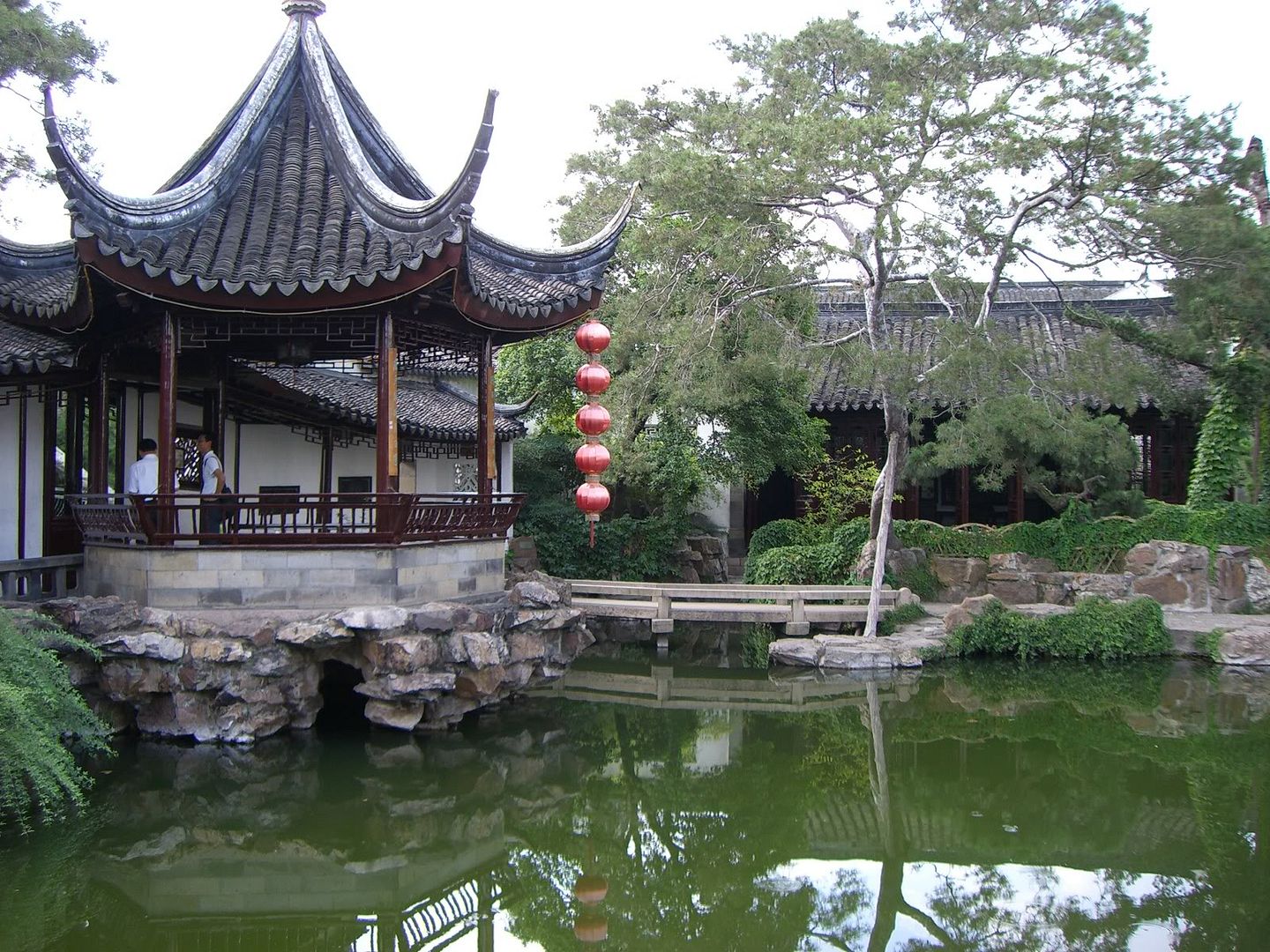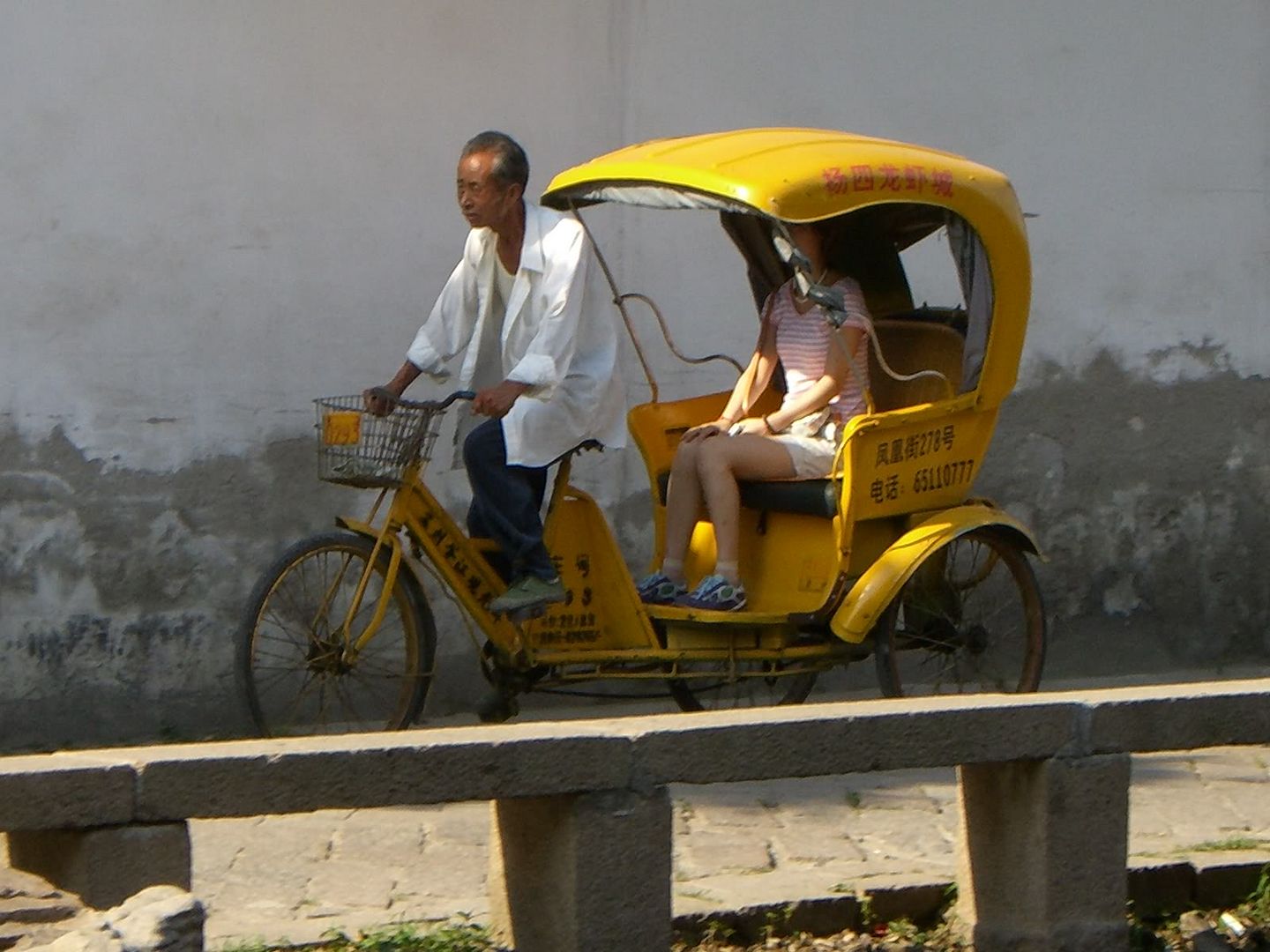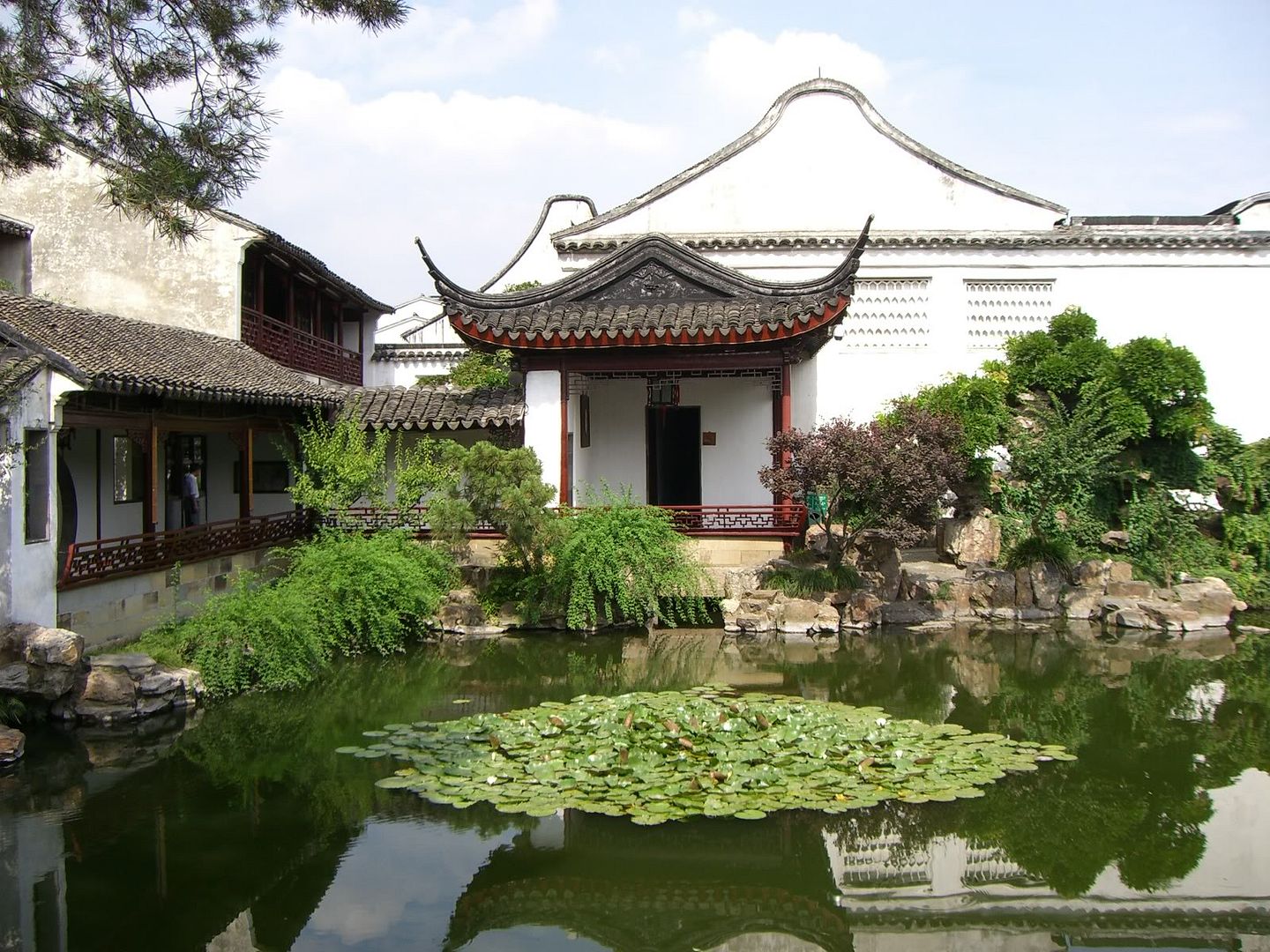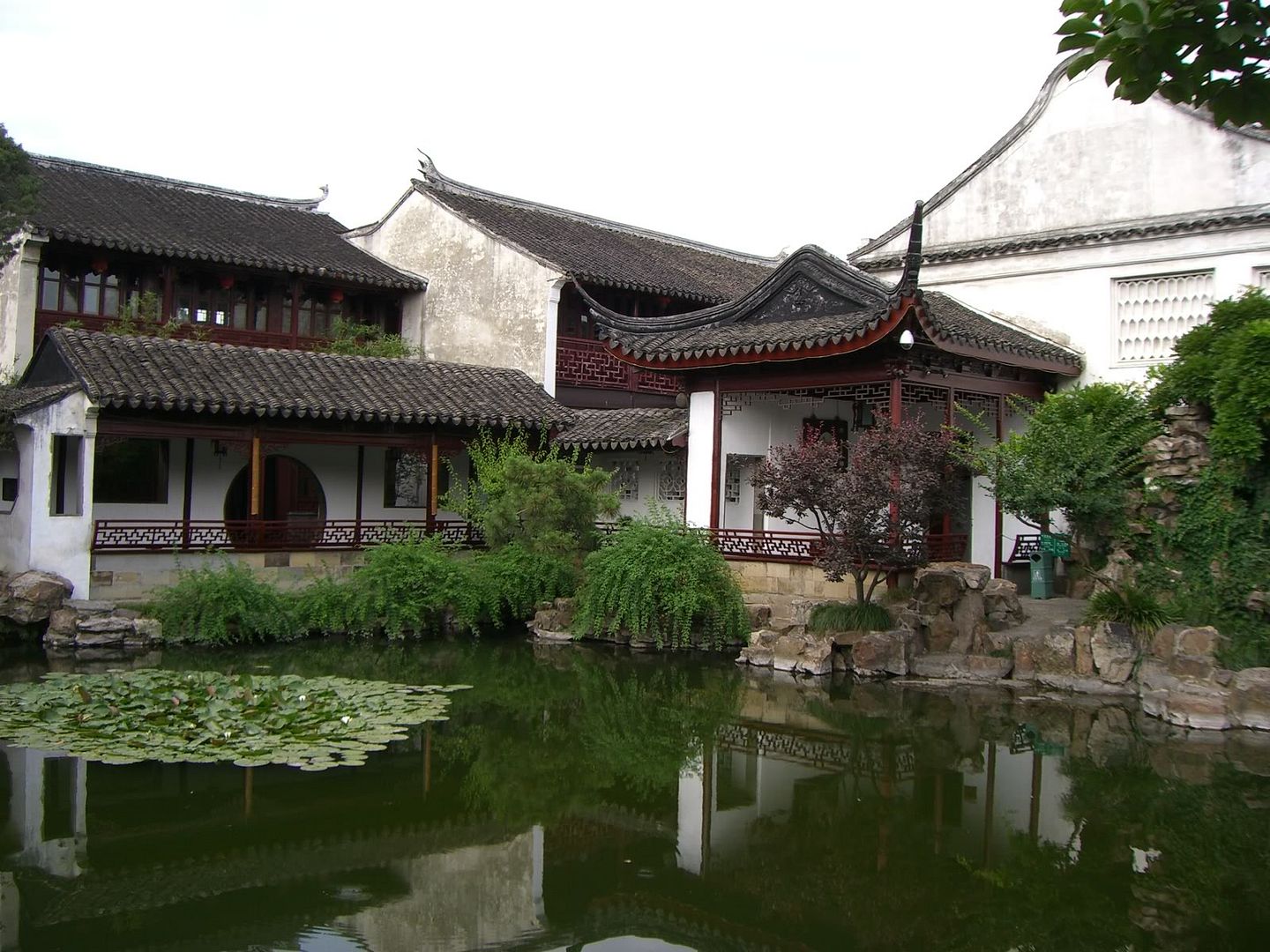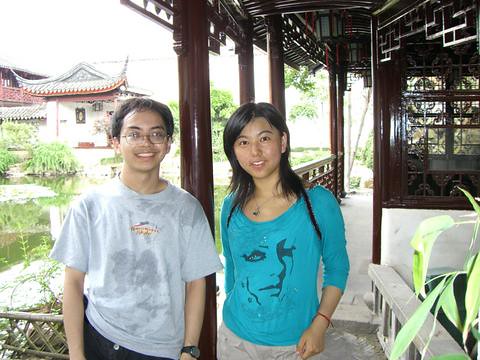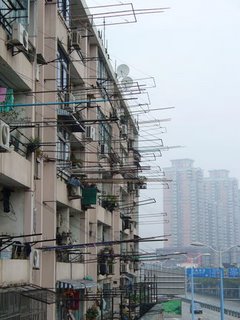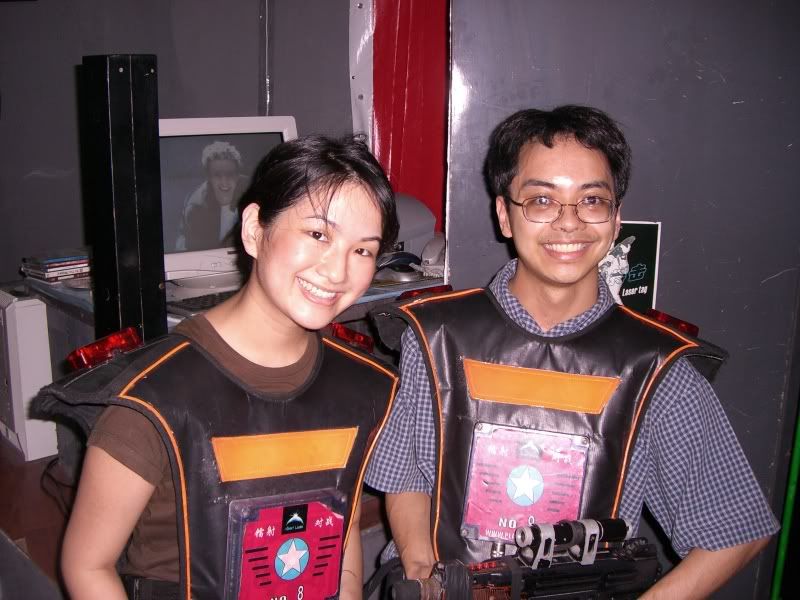
It took a long time for me to play my first game of laser tag. With my love of action movies, especially the bullet-riddled masterpieces of John Woo, laser tag was a perfect fit.
My company was sponsoring a laser tag match to reward the employees and say farewell to one of the departing English teachers, Anita (shown above). At first I didn't want to go. The venue was at Hongkou Football Stadium, which way far away from where I live.
But when Anita sent me a text asking whether I would come, I gave in. I didn't want to let down a friend who's so cool.
I have this problem: I'm chronically punctual. Usually, I'm anywhere from 15-30 minutes early for every occasion. It happened again for laser tag. I got to Planet Laser at 6:30pm, while the party wasn't due to start until 7:00pm. Even worse, I was the only English-speaking person there!
I was seriously sweating when sent a text message to Marie, a fellow English teacher from Australia. She had texted, saying she wasn't coming and that she hoped I had fun. I replied: "That's Mission: Impossible, but I'll try. I'm the only non-Chinese person here! :("
After an endless stream of Chinese staff, Anita finally showed up, along with Trent, another teacher from Australia. On a side note, I'll confess my jealousy of Australians and New Zealanders. The world loves Aussies and Kiwis. They can get working holiday visas for practially any country!
I've heard it's a case of reciprocation. We don't let anyone into America, so the rest of the world keeps us from staying too long. We can only work in Australia, New Zealand, and the UK, and that's for less than 1 year. No wonder everyone else out-travels us.
An employee gathered us together and demonstrated how to play the game. Chest hits were worth 100 points, back hits were 150 points, and shoulder hits were 200 points. We wore these big flak jackets with sensors.
I was disappointed. I wanted to jump sideways, dive down, and roll across the floor shooting like I've seen in action movies. I couldn't do that when the jackets had lights the size of watermelons that could break. We only got one gun per person, so I couldn't bust out the two-fisted pistol action like in John Woo movies:
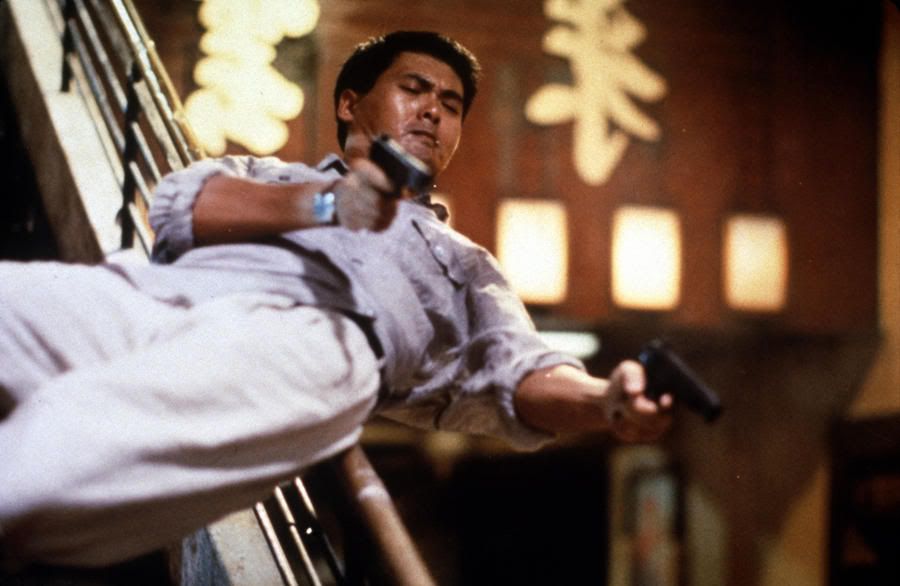
Chow Yun-Fat looking badass in John Woo's Hardboiled
We were the Red Team and our opponents were the Green Team. When the siren sounded, we stormed into the shooting area. It was a dark maze of black walls, windows, and weird flashing lights. Feeling lazy, I positioned myself in a dark corner and played sniper, picking off everyone who walked by.
That's the cheap way to play laser tag. Eventually I got bored and went hunting for real. I pulled out all the SWAT-team moves I'd picked up from watching too many action movies:
--Run low to the ground
--Stand sideways when shooting
--Use available cover
--Peak around corners
--Match my eye movements with the sweep of my gun
I was creeping around when I saw my opportunity. A guy from the Green Team was standing in the middle of the doorway, with his back to me. It was too good to be true.
I checked both ways to make sure this wasn't some trap. Nobody. I snuck up behind him until I was within point-blank range. He was busy looking for enemies in front of him. I pumped ten shots into his back before he even knew I was there!
By the time he turned around and started shooting, I was already booking it and dove behind some walls. All that time in high school I spent playing Virtua Cop 2 finally paid off.
